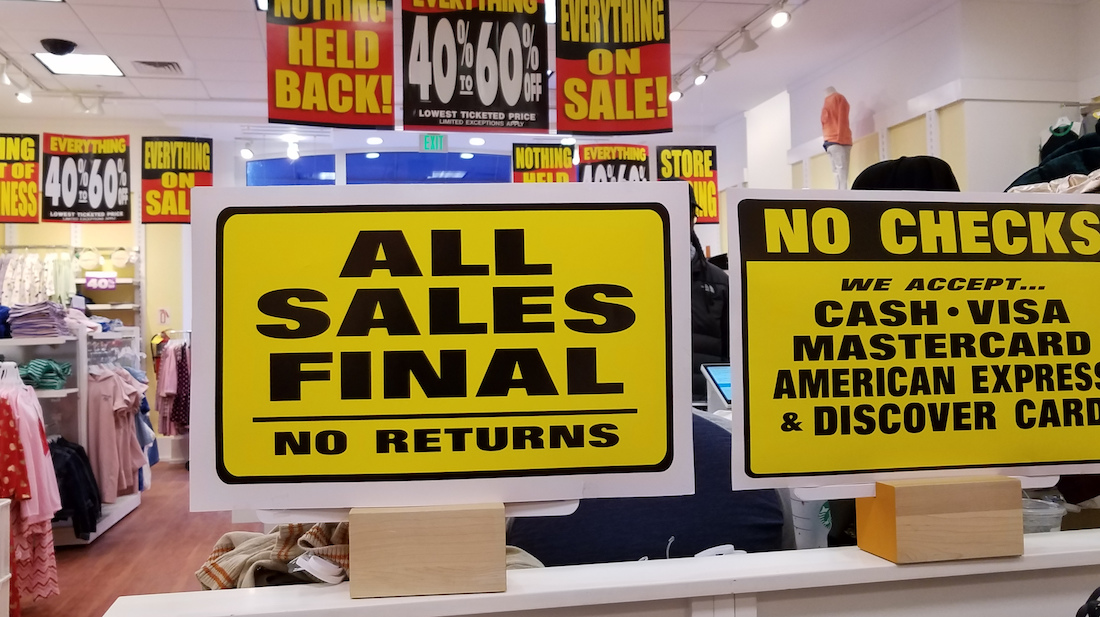Who wins in the COVID-19 economy? In some cases, outright fraud allows businesses to prosper. In other cases, political connections enable businesses to collect revenue from the federal government. Crony capitalism is defined by the Mercatus Center as “an economic system in which the profitability of firms in a market economy depends on political connections.” Large-scale bailouts and interventions have increased cronyism during the pandemic. The more government funds that are available for individuals and businesses to capture, the larger the opportunities for businesses to profit by gaining and exploiting political influence. Cronyism can be perfectly legal and still be damaging, because it shifts the attention of businessmen away from what people in the market want and towards lobbying activity.
The finite amount of money available within Paycheck Protection Program created a first-come first-served situation for businesses that wanted a loan. In order to be approved, business owners needed to submit their application through a bank. In some cases, banks received multiple applications at the same time and favored the more connected business. A group of business owners are suing J.P. Morgan and Wells Fargo for favoring larger, richer, and better connected businesses. As with many instances of cronyism, profiting in the COVID-19 economy requires social and political clout. Cronyism favors established businesses that can afford to spend money on lobbying instead of businesses with new ideas, creating incentives against innovation.
Airlines benefitted massively from the bailouts. In 2019 alone, the airline industry spent $106 million to send 811 lobbyists to Washington, D.C. The majority of these lobbyists were once bureaucrats who helped write federal regulations in the first place. The “investment” in lobbying apparently paid off, because airlines secured $32 billion in bailouts and are asking for more. Airlines have received bipartisan support, as they spread lobbying dollars across both parties. These bailouts, however, will not necessarily translate to consumers’ benefit. Even after taxpayer bailouts, airlines have refused to give billions of dollars of refunds to customers. The bailouts have not necessarily protected workers, either, as layoffs of 30,000 workers are underway.
Corporate bailouts slow recovery by incentivizing businesses to invest in areas that lack consumer demand. Some estimates have predicted that lower demand for air travel will continue for up to seven years. At their current levels, airlines could have to be supported by taxpayers for a decade. The airlines will either fold despite the bailouts or continue to exist although there is no demand. Contrast this with the theater industry. Regal Cinemas announced this week that it will close all its movie theaters indefinitely. Because customer demand collapsed, theaters are being forced to adjust. But this has not meant the end of entertainment or the movie industry. Competitors have arisen to better satisfy consumers. Other options, like streaming services, are thriving during the shutdown.
Well-connected and established businesses, those are the firms that win in the COVID-19 economy. We need to ask ourselves, “Who should win?” As a society, we need to decide whether we want a system where the most successful business is that which is able to provide a useful good or service to consumers. If we do not, the result will be a society where businesses live and die by currying political favor.

